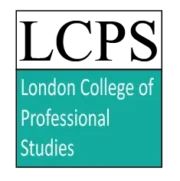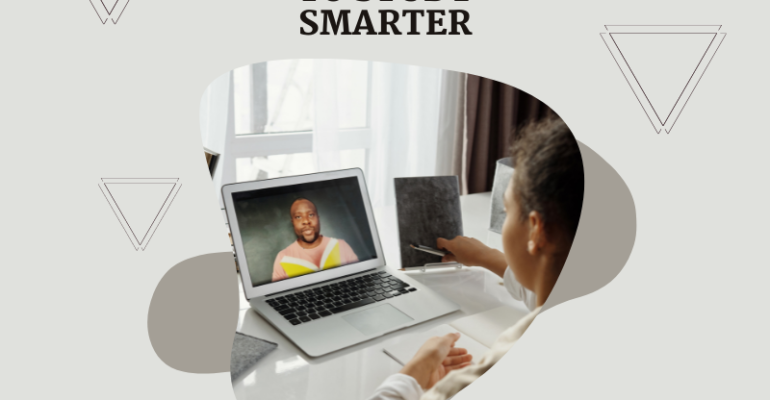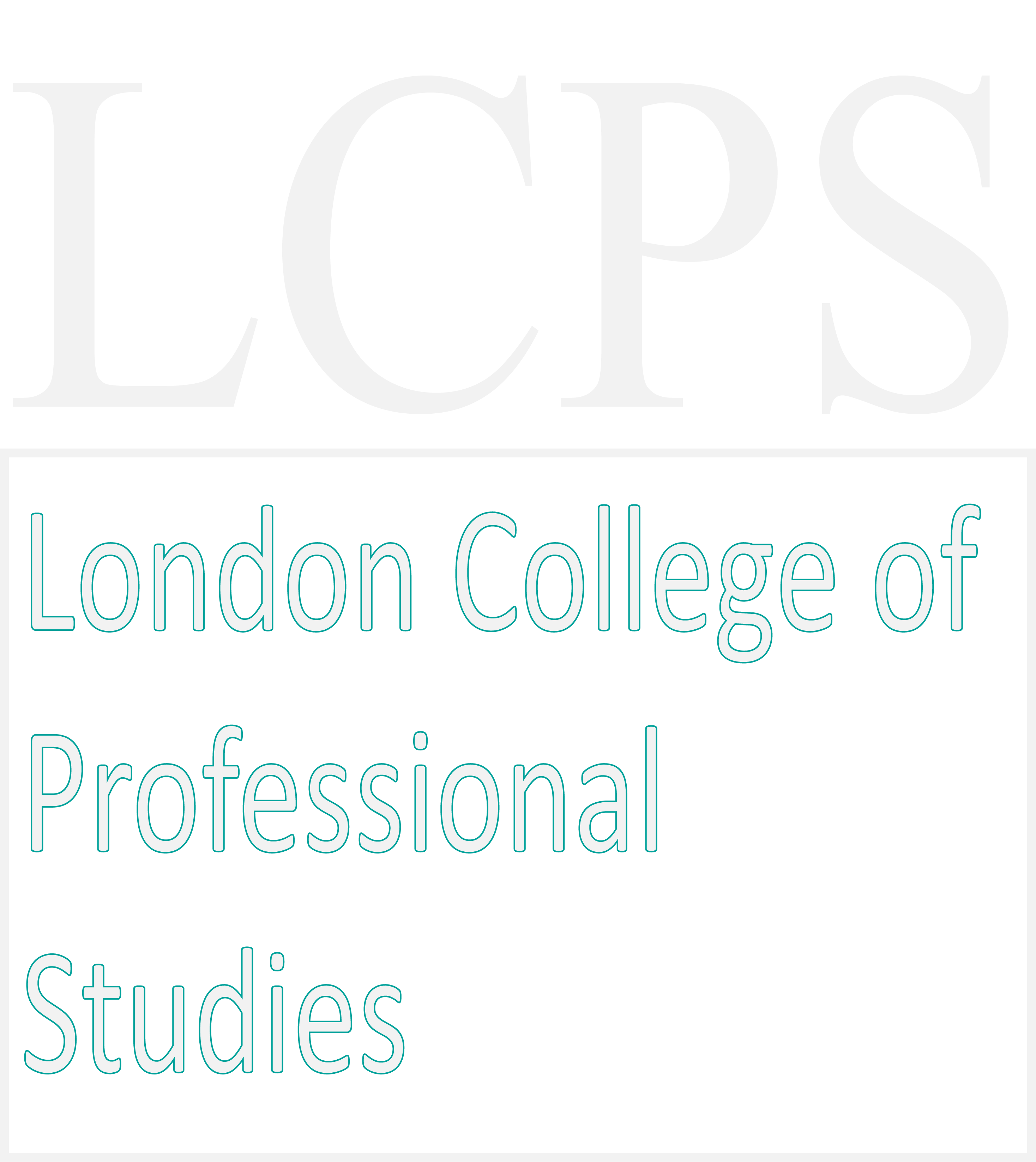The top 6 tips and tricks to study smarter not harder
April 4, 2022 2022-04-04 10:45The top 6 tips and tricks to study smarter not harder
The top 6 tips and tricks to study smarter not harder
Studying hard is fundamental if you want to perform well in your daily assessments and pass important tests. While we all know that managing coursework with other essential commitments can be difficult, whether you’re in middle school or a senior citizen studying at a college. To manage out other tasks along with continuing your study, you need to follow some witty guidelines. Here are some tips and tricks to study smarter that have been factually proven to help you find success if you’re on the verge of exhaustion.
Start with your difficult tasks.
Be brave enough to face it: you have a preference for certain subjects over others. If you want to be prudent, save your least difficult tasks for the end of your studies. Complete the most difficult tasks first.
If you keep the most difficult tasks for last, they will hang over your head for the duration of the work session. This can sap your brain power.
Additionally, completing your favorite coursework at the end will boost your confidence in your academic endeavors. You’ll have a better chance of approaching your next writing assignment with a positive attitude.
Participate in a Study Group
Education does not always have to be a solitary activity, it becomes more effective in a group. The following are some of the advantages of joining a study group:
- Attempting to educate one another on a variety of subjects.
- The ability to inquire about stuff you don’t fully comprehend
- Attempting to play evaluation games or quizzes on one another
- You will gain the understanding faster than you could on your own.
- Creating soft skills for your professional life, such as teamwork and decision-making,
- Having fun while studying
- Form a research team with a few of your fellow students.
Study method – PQ4R strategy
PQ4R is a study technique that can assist you in digesting the knowledge you read.
This method involves the following six steps:
Preview: Skim through the material to get a sense of what it’s all about. Examine the bolded titles, table of contents, and other text.
Question: Consider the various questions that may arise in relation to the material.
Read: Try to find answers to specific questions as you go through the content.
Reflect: Consider whether you still have any unanswered or new questions.
Recite: Try to talk slowly and clearly about what you’ve just read.
Review: Go over the information once more.
Take normal rest periods.
Allowing yourself scheduled breaks during study sessions will make your workouts more productive. Consider the following schedule: 50 minutes of work followed by a 10-minute break.
Your leisure time is an excellent opportunity to stand up and stretch your legs. You can also take advantage of this time to look at your phone or reply to emails. But when your ten minutes have passed, it’s time to get back to work.
Allow yourself a longer break, perhaps half an hour, at the conclusion of a long study session before moving on to other commitments.
Rewrite the Class Notes
Following each class, your notes should have been clearly laid out and rewritten in a neat, organized format. It’s now time to update your reworked notes.
This time, however, your purpose is to minimize them to only the most important information. Preferably, your reworked notes should fit on one or two rolls of paper. During standardized exams, these sheets should be your primary study tool.
Appraise yourself with little rewards
According to research, rewarding yourself for accomplishing your work helps you enjoy the hard work more.
Don’t delay until the test is over to rejoice; do it straight away. For example, after completing a three-hour study session, reward yourself with an ice lolly or a leisurely bath.
Meditate
It may be difficult to imagine adding anything else to your already hectic schedule, but making time for mindfulness practices can be extremely beneficial.
According to research, people who practice meditation may perform better on tests and are more observant in general. Apps for mindful awareness can assist you in getting started with this practice.
Remove Interruptions
It’s difficult to study when you’re constantly scrolling through Instagram. While studying, place your phone and computer apart, or at the very least, disable your social media applications. Also, switch off the television while you are studying.
If you’re studying in a loud environment, wear earplugs to help block out disorientating sounds or you can also listen to slow music.
Conclusions
We hope these pointers will assist you in developing learning skills and succeeding in your upcoming exams. The advantages gained from using these simple techniques will astound you. Best wishes in all of your educational pursuits.








